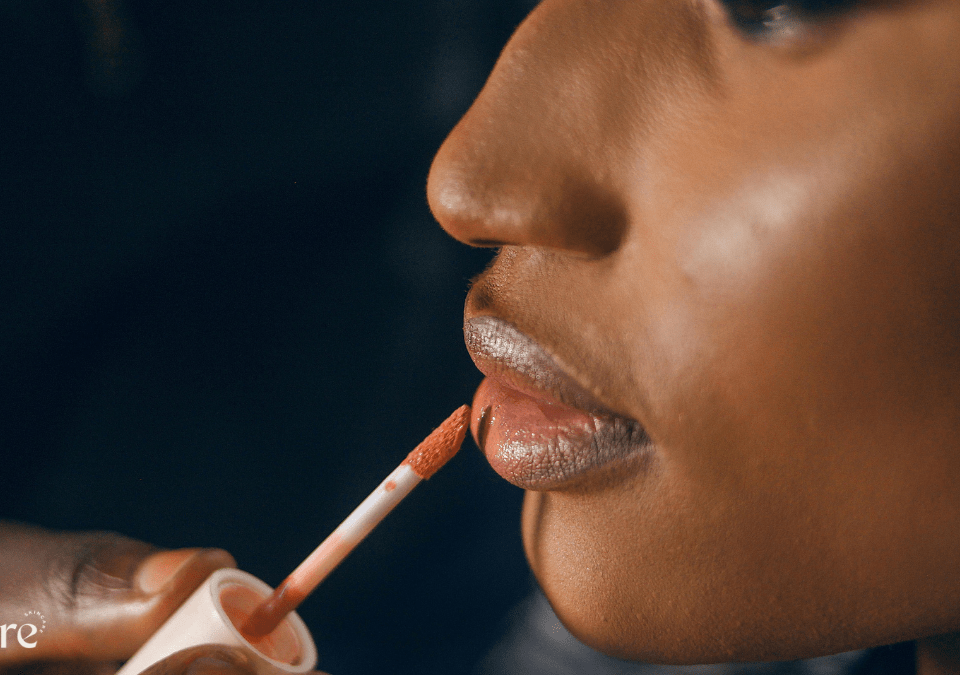Dermatology and skin health are essential for maintaining a radiant complexion and overall well-being. From dermatologist tips for glowing skin to daily skin care routines at home, this guide covers everything you need to know. Learn about dermatology treatments, healthy skin tips for the face, and how to find a dermatologist near you. Discover 10 ways to care for your skin and explore dermatologist-recommended skin care products for a personalized approach to skincare.
Dermatology Skin Health: Your Guide to a Radiant Complexion
When it comes to achieving healthy, glowing skin, dermatology plays a crucial role. From understanding the basics of Dermatology Skin Health to exploring advanced dermatology treatments, there’s a lot to learn about caring for your skin. Whether you’re looking for dermatologist tips for glowing skin, a daily skin care routine at home, or wondering how to find a dermatologist near me, this guide covers it all. Let’s dive into the essentials of maintaining healthy skin and addressing common concerns.
Why Skin Health Matters
Your skin is your body’s largest organ and acts as a protective barrier against environmental factors like pollution, UV rays, and bacteria. Healthy skin not only looks good but also functions effectively to keep you safe. Dermatologists emphasize that maintaining skin health isn’t just about aesthetics; it’s about overall well-being. Poor skin health can lead to issues like infections, premature aging, and even skin cancer. This is why adopting a proactive approach to skin care is essential.

10 Ways of Caring for the Skin
Here are some practical and dermatologist-approved tips to keep your skin healthy and radiant:
- Cleanse Gently: Use a mild cleanser to remove dirt and oil without stripping your skin’s natural moisture. Over-cleansing can disrupt your skin barrier, leading to dryness and irritation.
- Moisturize Daily: Hydration is key. Choose a moisturizer suited to your skin type—whether it’s oily, dry, or combination. Look for ingredients like hyaluronic acid or ceramides for added hydration.
- Wear Sunscreen: SPF 30 or higher is a must to protect against UV damage. Sunscreen prevents premature aging, dark spots, and reduces the risk of skin cancer.
- Stay Hydrated: Drink plenty of water to keep your skin plump and glowing. Hydration from within complements your topical skincare routine.
- Eat a Balanced Diet: Foods rich in antioxidants, vitamins, and omega-3s promote healthy skin. Include fruits, vegetables, nuts, and fatty fish in your diet.
- Avoid Smoking: Smoking accelerates aging and damages collagen, leading to wrinkles and dull skin.
- Exfoliate Wisely: Over-exfoliation can harm your skin. Stick to 1-2 times a week and use gentle exfoliants like lactic acid or enzyme-based products.
- Get Enough Sleep: Your skin repairs itself while you sleep. Aim for 7-8 hours nightly to wake up with refreshed and rejuvenated skin.
- Manage Stress: High stress levels can trigger breakouts and other skin issues. Practice mindfulness, yoga, or meditation to keep stress in check.
- Consult a Dermatologist: Regular check-ups can help address concerns early. A dermatologist can provide personalized advice and treatments tailored to your skin’s needs.
Dermatologist Tips for Glowing Skin
Achieving glowing skin isn’t just about using the right products; it’s about consistency and understanding your skin’s needs. Dermatologists recommend:
- Using dermatologist-recommended skin care products tailored to your skin type. Look for products with proven ingredients like niacinamide, vitamin C, and retinoids.
- Incorporating vitamin C serums for brightness and retinoids for anti-aging. These ingredients help reduce dark spots, fine lines, and improve skin texture.
- Avoiding harsh chemicals and opting for gentle, fragrance-free formulas. Fragrances and alcohol can irritate sensitive skin.
- Being patient with your routine. Results take time, and consistency is key to seeing improvements.
Daily Skin Care Routine at Home
A simple yet effective daily routine can work wonders. Here’s a basic plan:
- Morning: Start with a gentle cleanser to remove overnight buildup. Apply a vitamin C serum to brighten and protect your skin. Follow with a moisturizer to lock in hydration, and finish with sunscreen to shield against UV rays.
- Evening: Cleanse again to remove dirt, makeup, and pollutants. Use a retinol product (if suitable) to promote cell turnover and reduce signs of aging. Finish with a nourishing moisturizer to repair your skin overnight.
- Weekly: Exfoliate 1-2 times a week to remove dead skin cells and use a hydrating mask to replenish moisture.
Dermatology Treatments for Common Skin Concerns
If you’re dealing with persistent issues like acne, eczema, or hyperpigmentation, dermatology treatments can help. Options include:
- Chemical Peels: For exfoliation and brightening. These treatments remove the top layer of dead skin cells, revealing smoother, more even-toned skin.
- Laser Therapy: To reduce scars and pigmentation. Lasers target specific skin concerns with precision, offering long-lasting results.
- Microdermabrasion: For smoother texture. This non-invasive procedure gently exfoliates the skin, improving its appearance.
- Prescription Medications: For conditions like acne or rosacea. Dermatologists may prescribe topical or oral treatments to address underlying causes.
Always consult a dermatologist near you to determine the best treatment for your specific needs.
Skin Care Tips at Home
You don’t always need expensive treatments to care for your skin. Here are some easy home tips:
- Use aloe vera gel for soothing irritated skin. Its anti-inflammatory properties make it ideal for calming redness and sunburns.
- Apply honey as a natural moisturizer and antibacterial agent. Honey is great for hydrating and healing minor skin irritations.
- Try oatmeal masks to calm inflammation. Oatmeal is known for its soothing and anti-itch properties, making it perfect for sensitive skin.
How to Find a Dermatologist Near Me
Finding the right dermatologist is crucial for personalized care. Start by:
- Asking for recommendations from friends or family. Personal experiences can help you find a trusted professional.
- Checking online reviews and ratings. Look for dermatologists with positive feedback and a strong reputation.
- Ensuring they’re board-certified and experienced in treating your specific concerns. Certification ensures they meet high standards of expertise.

FAQ’s
1. What are some questions to ask about skin?
- What’s my skin type?
- Which products are best for my concerns?
- How often should I exfoliate?
- Are there any lifestyle changes I should make?
2. How important is skin health?
Skin health is vital for protection, temperature regulation, and overall appearance. Ignoring it can lead to issues like infections, premature aging, and even skin cancer.
3. How do dermatologists treat skin conditions?
Dermatologists use a combination of treatments, including topical creams, oral medications, and advanced procedures like laser therapy or chemical peels.
4. What questions will you ask a dermatologist about skin care?
- What’s causing my skin issues?
- Are there any ingredients I should avoid?
- Can you recommend a daily routine?
- How can I prevent future problems?
My Personal Experience with Dermatology
A few years ago, I struggled with persistent acne and uneven skin tone. Despite trying countless over-the-counter products, nothing worked. That’s when I decided to visit a dermatologist near me. After a thorough consultation, I was prescribed a tailored skincare routine and a mild retinoid cream. Within months, my skin transformed. This experience taught me the importance of professional guidance and consistency in skincare.
Conclusion
Taking care of your skin doesn’t have to be complicated. By following healthy skin tips for the face, using dermatologist-recommended skin care products, and seeking expert advice when needed, you can achieve and maintain glowing, healthy skin. Remember, your skin is unique, so what works for others might not work for you. Always consult a dermatologist for personalized care.
Follow More Articles Here:




